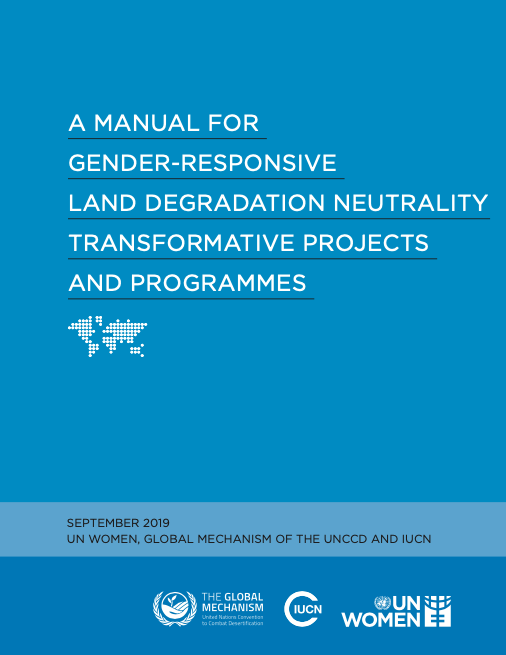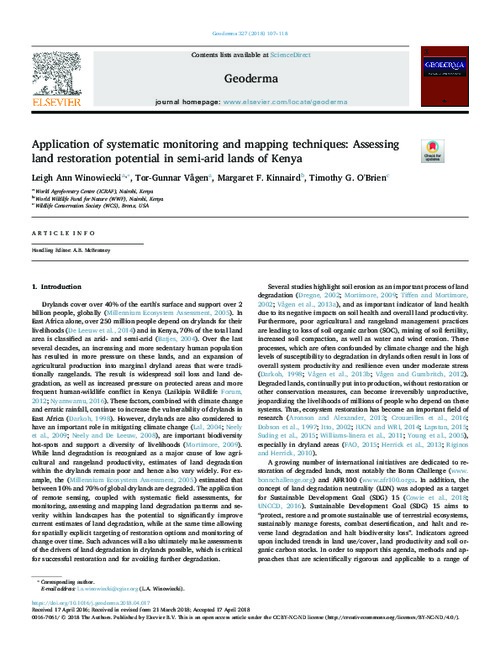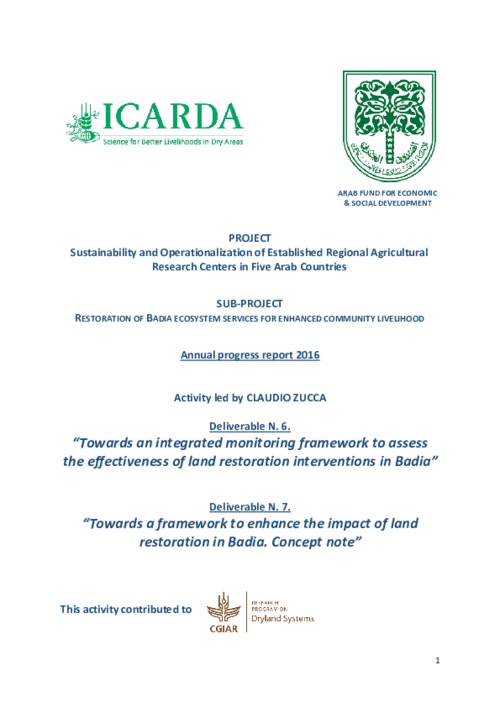Groundwater governance: addressing core concepts and challenges
With decreasing aquifer levels, increasing groundwater pollution, inequitable access, and generally poor management outcomes, better groundwater governance has been put forward as a recipe to address these challenges worldwide. Existing recommendations focus on improved legal frameworks, monitoring and control of access and abstraction through permits or formal rights. In addition, decentralized water management, enforcement of regulations, and supply-side technological solutions are seen as cornerstone components of good groundwater governance systems.








